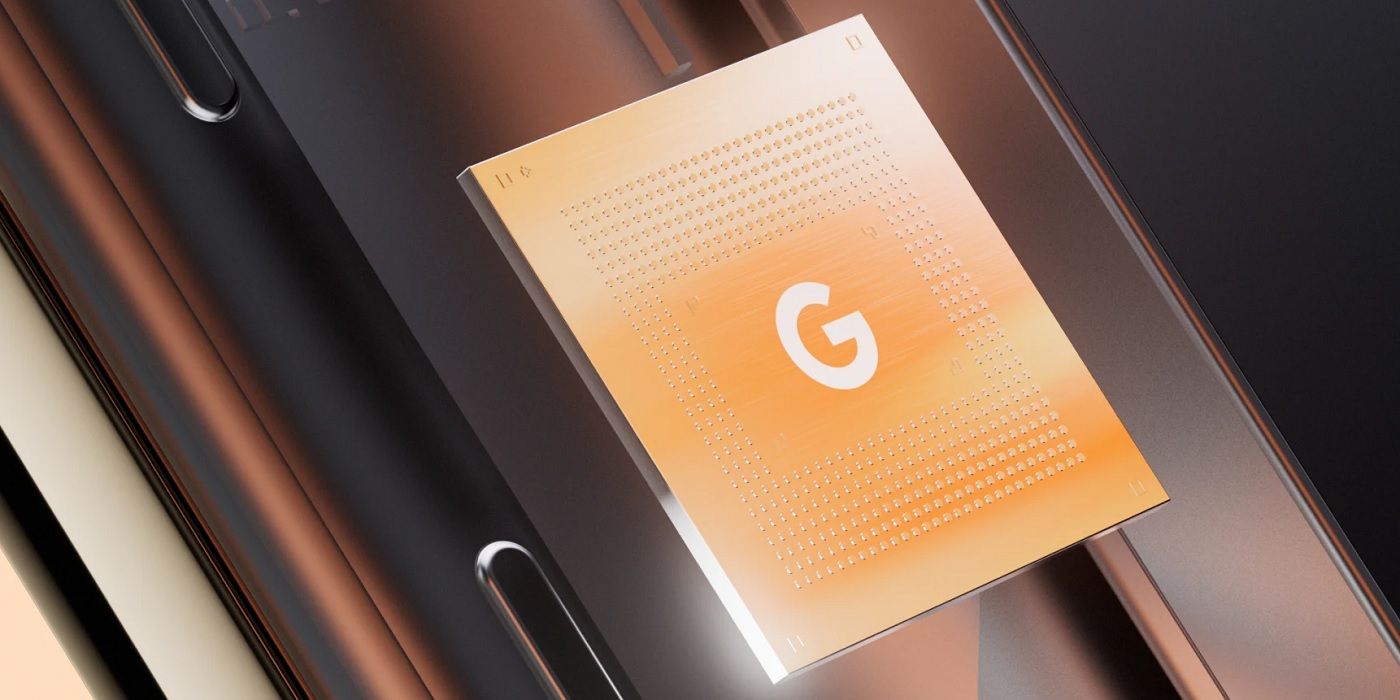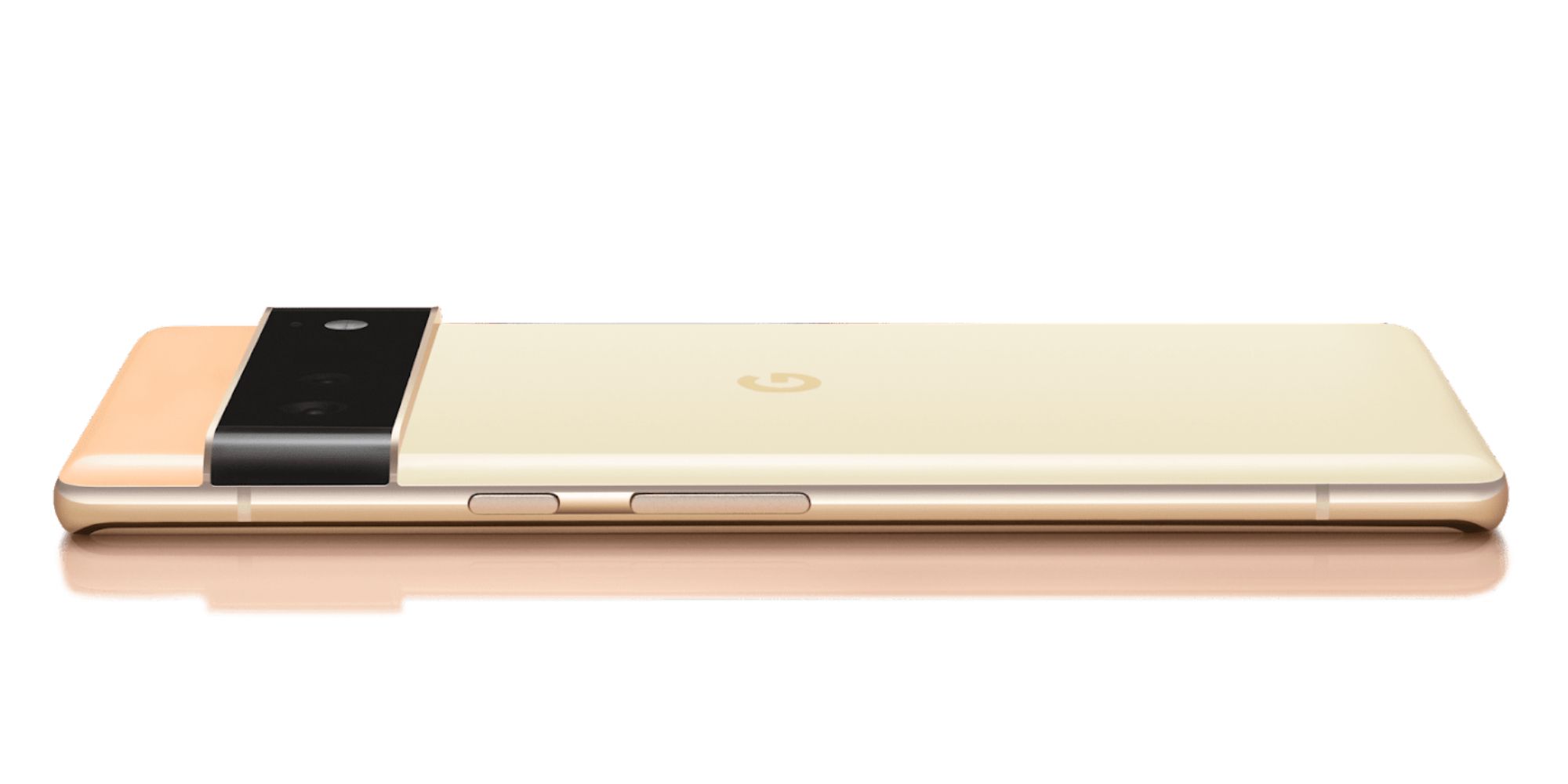Google made a surprisingly early confirmation of its upcoming Pixel 6 and 6 Pro, sharing the names and giving a few details of its Tensor chip, the first processor designed by Google and refined to perfectly fit the needs of its smartphone line. This might launch a new era for Google consumer hardware and is another signal of a shift in the industry as more tech companies explore custom chip design as a way to differentiate their offerings and provide greater value to the user.
Google has included some custom silicon in its smartphones before, with the Pixel 2 and 3 achieving faster computational photography with Google's Pixel Visual Core. The Pixel 4 incorporated a similar chip renamed as the Pixel Neural Core since artificial intelligence (AI) grew in importance as Google Assistant began to play a vital role throughout the Pixel experience. With the Pixel 5, Google must have been satisfied with the neural and graphics processing of Qualcomm's Snapdragon 765G, because the Neural Core was not included.
Google's Tensor will almost certainly be a system-on-a-chip (SoC), similar in some ways to competing processors from Qualcomm, Samsung, and Apple. Google uses a custom Tensor Processing Unit (TPU) in its cloud computing servers and that proven success will help refine and advance the design that it uses in its Tensor mobile processor. This chip may be new and a first from Google, but it has years of experience in goal-driven designs. The most exciting bits of information shared in Google's recent Tweets was in relation to the on-device processing of machine learning and AI, and enhanced computational photography coming with Tensor. Google already leads in those areas, so improving upon what the Pixel 5 is capable of is a big statement. Not to mention, achieving this with Google's first chip will be all the more impressive.
What Can Google Tensor Do?
The new chip is rumored to have been designed in partnership with Samsung on a 5-nanometer process and should have central processing and graphics capabilities that are superior to the Pixel 5. Google's attention of late has been very user-focused rather than getting into a specification war on details that have more to do with numbers than real-world usage. As such, Google Tensor should be optimized to run Google Assistant as well as or better than any other chip. Google stated that Tensor will make big leaps in features related to speech recognition, including dictation, translation, and captioning. The last few percentage points of understanding human speech will make a huge difference and few things are more annoying than repeating commands to an AI. With Tensor, Google might take the last bit of frustration out of asking a Pixel phone for help with a task. Google is integrating a Titan M2 security core in Tensor as well, an important step to make the Pixel 6 even more secure. Security that is built into the processor is harder to bypass than the use of separate a Titan chip, so this should result in further limiting potential attack vectors.
Google's Pixel has always reached far beyond the technical capabilities of its camera hardware and the Pixel 6 and 6 Pro might produce breathtaking photos, based on what has been rumored and what Google has confirmed so far. Google shared that the Pixel 6 Pro will feature three rear cameras, with one featuring 4 times optical zoom. Rumors suggest all three might be new cameras with higher resolution image sensors. With Google's new Tensor SoC, computational photography may reach new heights, finally providing the Pixel with more advanced camera technology in combination with its machine learning expertise to provide industry-leading images. Some of this is speculative since Google has only provided limited details in its preview, but the potential for what might be the Pixel's most amazing release yet is exciting, based on the expected power and capabilities of the new Tensor chip.
Source: Google/Twitter


